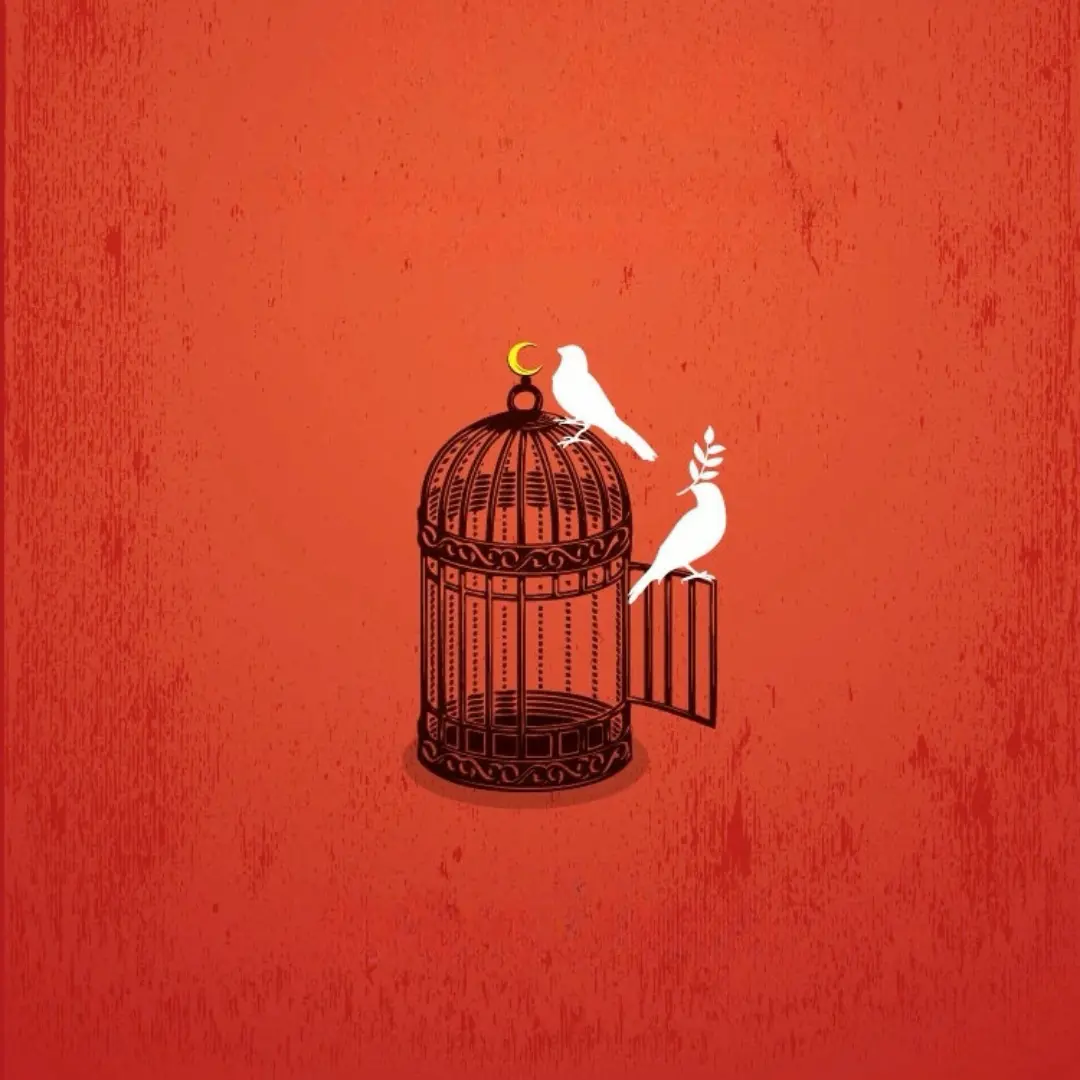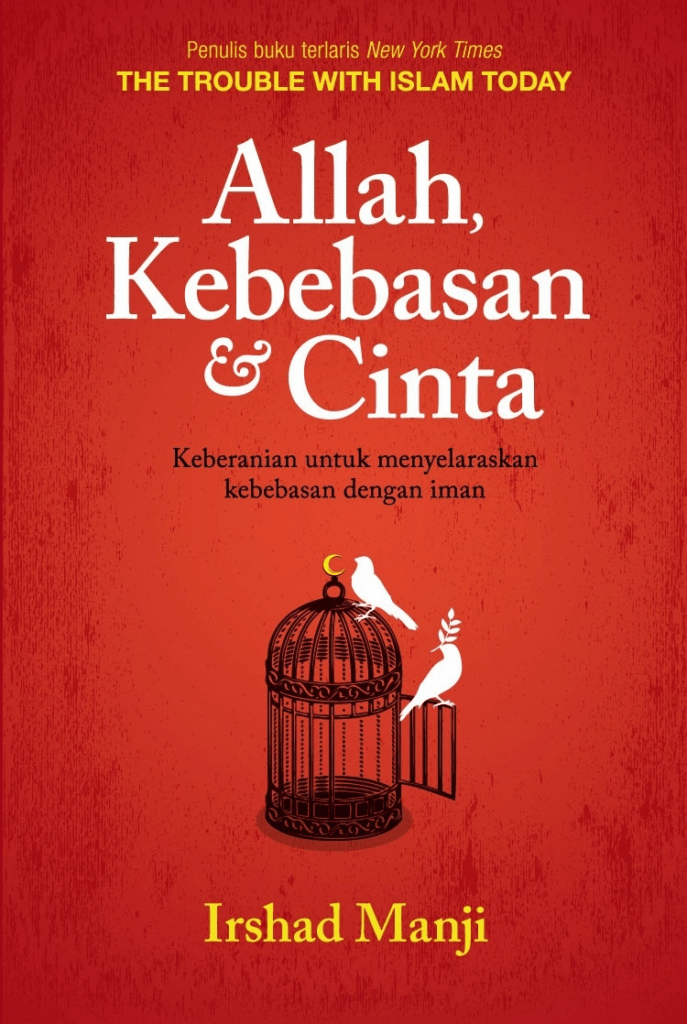
Books you should not read! – MCCHR Resource Centre

Hello and Happy New Year!
Last September, the Kuala Lumpur High Court lifted the ban on Allah, Kebebasan dan Cinta – the Malay translation of Irshad Manji’s third book. It is a collection of musings and rantings where Manji responds to her critics and reiterates her views on various contentious issues faced by Muslims today. Like other books written in this fashion, the style is more tongue-in-cheek than academic and is repetitive that it could have been written as an article in some liberal publication.
We learnt from the September judicial review that the Home Ministry’s order to ban the book was based on a study by JAKIM (Department of Islamic Development Malaysia). In a 17-page review of Allah, Kebebasan dan Cinta, JAKIM assistant research director Mohd. Aizam Mas’od takes issue with, among other things, Manji’s idea of God and her position on inter-religious marriages as well as her call for ijtihad (independent reasoning). Mohd. Aizam also accuses Manji of ‘insulting’ the Koran and Prophet Muhammad before recommending that “proponents of liberalism and religious pluralism like her be blocked and banned completely”. Reading both Manji’s book and Mohd. Aizam’s review side-by-side is highly encouraged.
Apart from Allah, Kebebasan dan Cinta, there are over 1,000 titles that have and had been banned by the Home Minister since 1971 including Muslim Women and the Challenge of Islamic Extremism (Norani Othman). In 2012, the ban of Muslim Women was at the centre of public attention when it was challenged and quashed by the KL High Court. The ruling was subsequently affirmed by the Court of Appeal in 2012 and last March, the Federal Court denied the Home Ministry’s leave to appeal.
Joseph Anton: A Memoir by Salman Rushdie

British author Salman Rushdie is no stranger to our banned book list. However, the Malaysian Home Ministry’s prohibition order pales in comparison to a fatwa on one’s life declared by the Grand Ayatollah of Iran. In his 2012 memoir, Rushdie recalls his life in hiding – going from one safe house to another – following the publication of his fourth book, The Satanic Verses (banned in Malaysia since 1989). Condemnation of this classic magical realist literature resulted in violent protests and numerous assassination attempts.
Joseph Anton – titled after his pseudonym while under police protection – is a little bit vain for the author’s use of third person’s voice. However, it is also very personal and reads well, like a series of Salman Rushdie novels.
Other new titles at the resource centre include Coolie Women: The Odyssey of Indenture (by Gaiutra Bahadur) and Subversives: The FBI’s War on Student Radicals, and Reagan’s Rise to Power (Seth Rosenfeld).
Orang Asli literature
At the MCCHR Resource Centre, we take great interest in collecting resources on indigenous peoples. We have a selection of Malaysian indigenous literature.
Mahat Akiya is a writer from the Semai community in Perak. Towards the end of his career as a presenter for an Orang Asli radio station, Akiya began writing poems and short stories. Perjuangan Warisan Orang Asli: Suara Dari Dalam is his latest collection of poems. The anthology captures the struggle and history of his people.
Orang Asli Animal Tales by Lim Boo Liat is a collection of stories passed from generation to generation among the indigenous peoples across the Malay Peninsula. The 26 animal stories, accompanied by beautiful illustrations by Pandak Basri, give an insight into the cultures and traditions of various Orang Asli communities. The book is also available in Malay as Kisah-kisah Haiwan Orang Asli.
Bés Hyang Dnèy and Other Jah Hut Stories – compiled by Duncan Holaday, Choon Woon Ping and Teoh Boon Seong – is another great collection of Orang Asli stories. The stories are transcribed in Jah Hut language as told by Batin Long bin Hok, a headman and shaman of the community in Pahang and are adapted into English. In the book, Batin Long introduces the Jah Hut myths and belief system.
Readers can find the above titles at the MCCHR Resource Centre.
Electoral practices around the world

Gerrymandering and malapportionment are apparent in Malaysian electoral system. However, the problem is not unique to Malaysia alone. Redistricting in Comparative Perspective (edited by Lisa Handley and Bernard Grofman) analyses various studies on democracies around the world spanning three decades. In this book, the authors look at the different entities involved in boundary delimitation in Canada, New Zealand, Mexico and the US. They also attempt to explain the electoral distribution in the context of minority representation and other issues such as the evolving electoral rules and redistributing in post-conflict settings.
Readers may also be interested in another book about comparative study of electoral systems, Electoral Systems and Political Context: How the Effects of Rules Vary Across New and Established Democracies. The book considers various electoral rules and systems in the social and political context.
Bulletin
Subscribe to our email newsletter to receive the latest news and updates from the MCCHR team directly in your inbox.
for Constitutionalism
and Human Rights